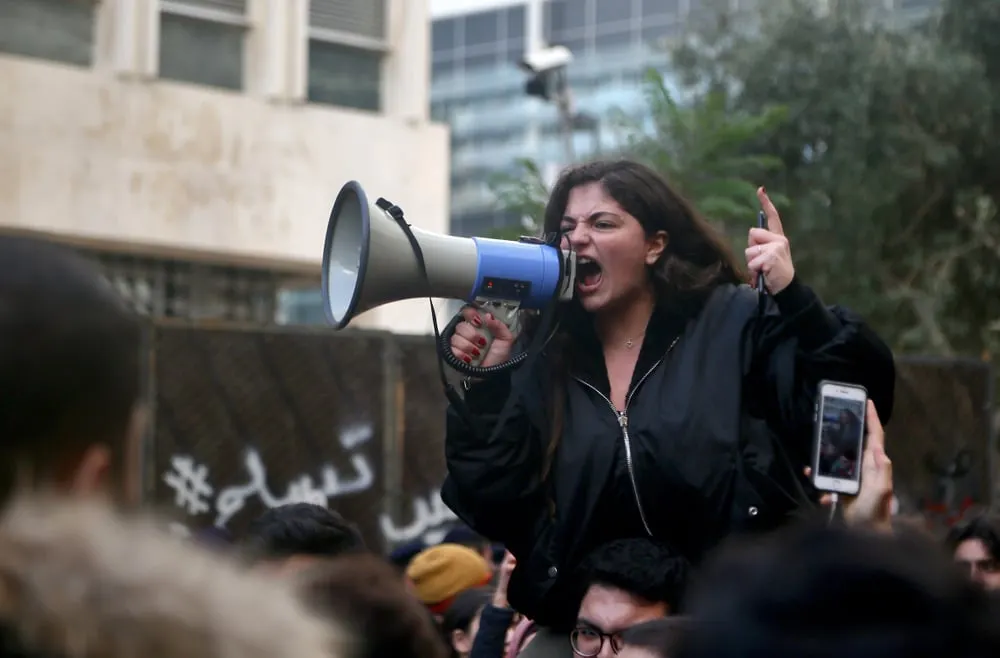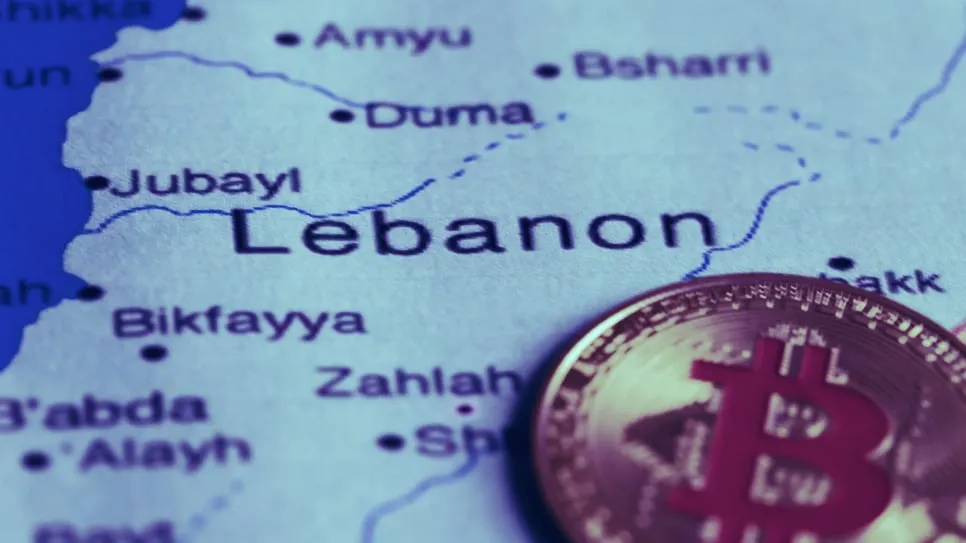In brief
- Lebanese banks have imposed strict capital controls.
- This comes after weeks of anti-government protests.
- Bitcoin is being used to move money.
Lebanese citizens are turning to Bitcoin to avoid capital controls, according to Al Jazeera, in the wake of an economic meltdown. More people are now trading and moving cryptocurrency in the region.
Lebanon is currently experiencing its worst economic crisis in decades. Local banks have begun to impose informal capital controls and increased restrictions on foreign currency movements, forcing people to withdraw their savings in Lebanese pounds at the official exchange rate—essentially reducing their savings by 40%.

Worse, citizens are now limited to making foreign currency withdrawals of between $50 and a few hundred dollars per month. Transfers out of the country are capped at $50,000 a year, and only for so-called "necessary matters."
Unsurprisingly, those looking for financial freedom have had to look elsewhere.
"Right now, the Lebanese are interested in escaping tight restrictions on cash withdrawals and transfers. They basically want financial freedom," Mahmoud Dgheim, who has been trading Bitcoin since 2015, told Al Jazeera. "If you want to go around the banking system, Bitcoin is a solution."
Al Jazeera notes that Bitcoin never really gained any significant popularity in Lebanon. Central bank’s restrictions on purchasing digital assets with local credit cards, slow Internet and unreliable electricity severely impeded adoption—until now. Today, the value of cryptocurrency transactions reportedly reaches millions of dollars a month in Lebanon.
One Lebanese trader said that, while Bitcoin struggled to gain traction in the beginning, it’s now “going exponential.” Another noted that Bitcoin gave him supplementary income in the past but it has now become his primary income.
As Decrypt reported last December, five weeks of anti-government protests in Lebanon were fuelled by anger at corruption, and bank accounts were frozen. At the time, protestors reported that digital assets are rarely useful as currency since citizens were cut off from global exchange platforms. But with no other means, they’ve had to learn how to make do.
Tips
Have a news tip or inside information on a crypto, blockchain, or Web3 project? Email us at: tips@decrypt.co.

